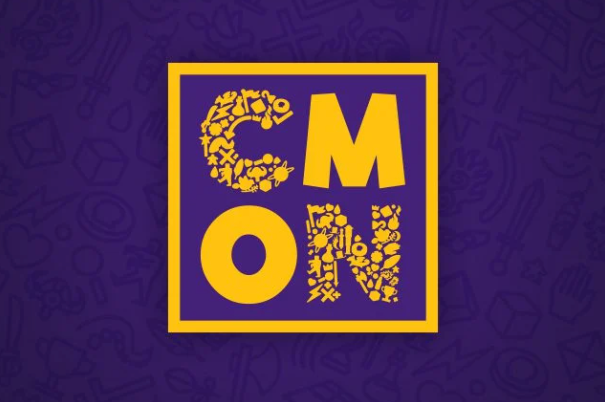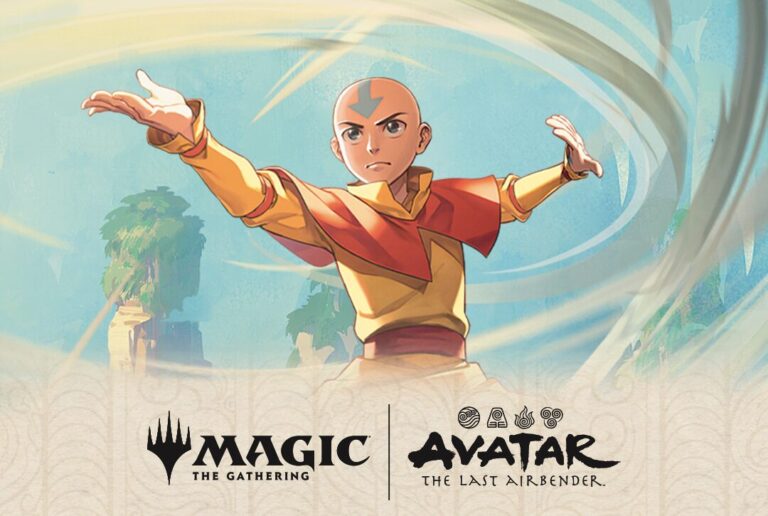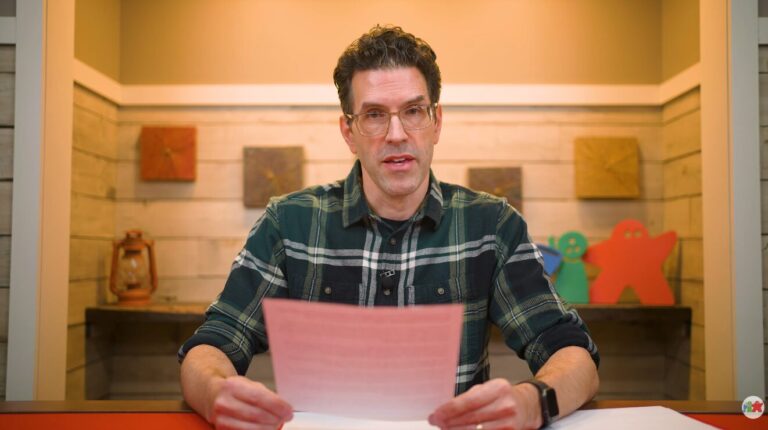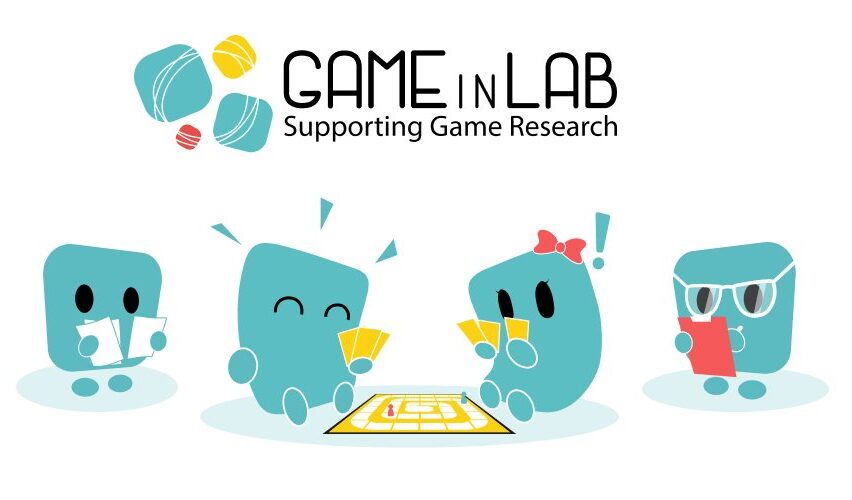
Board game research projects in line for up to €20,000 each through Asmodee-backed Game In Lab programme
Academic researchers planning board game-related projects are being offered up to €20,000 in grant money through this year’s programme from Game in Lab, which was co-created by Asmodee in 2018.
Game in Lab looks to “promote the valorisation and recognition of board games as a generator of
societal value” with its annual grants for academic research.
The 2024 call for projects is open until September 6, with special attention being given this year to projects investigating sustainability and justice, 50 years of Dungeons & Dragons, health people and planet, and cultural heritage.
Game in Lab has provided funding to 29 research projects and three PhDs since it was launched by Asmodee and French non-profit Innovation Factory.
They include backing Léa Martinez from Asmodee’s R&D department, who has researched the effect of playing board games on cognitive functions, and Dr Philippe Robert, who published clinical recommendations on the use of board games for people with neurocognitive disorders.
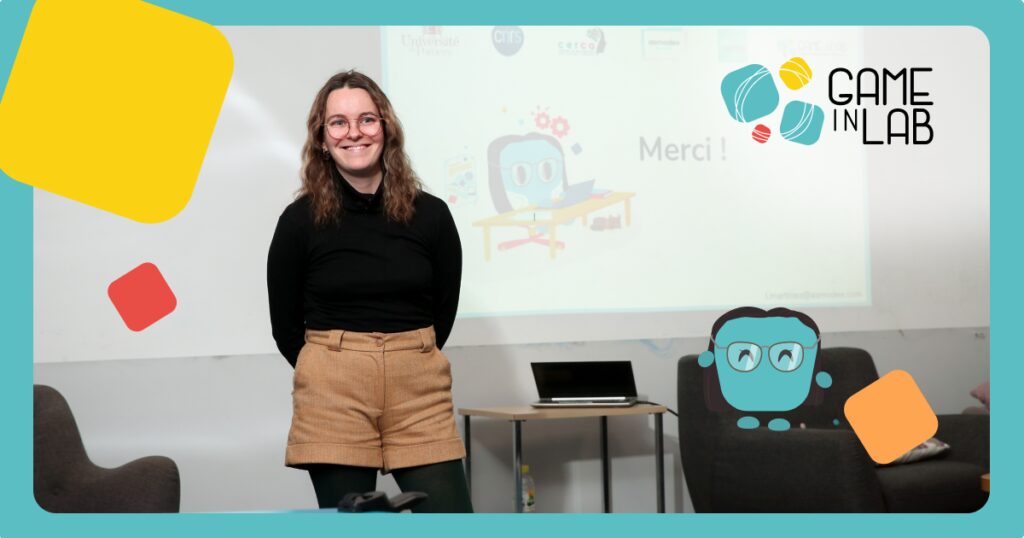
Dr Melissa Rogerson, a hybrid board game specialist in Australia, conducted two studies thanks to Game in Lab and has published several articles on the use and appreciation of digital tools in modern board games.
Game in Lab has also funded research by Anick Pelletier, a Canadian who has studied the cognitive impact of board game interventions in schools, as well as Dr Jorge Moya Higueras, whose research published in 2023 showed that playing modern board games such as Jungle Speed and Dixit at school enhances cognitive functions in children at risk of social exclusion.
Game in Lab said applications from public research institutions will receive special attention during the selection process, adding that project budgets can include several funding sources beside the Game in Lab grant.
A Facebook post from Asmodee USA highlighting the programme said. “All areas of the social sciences, psychology, linguistics, the arts, or any other relevant discipline are welcome, whether in applied or fundamental sciences.”
More details on the project and notes on how to apply are available by clicking here.




